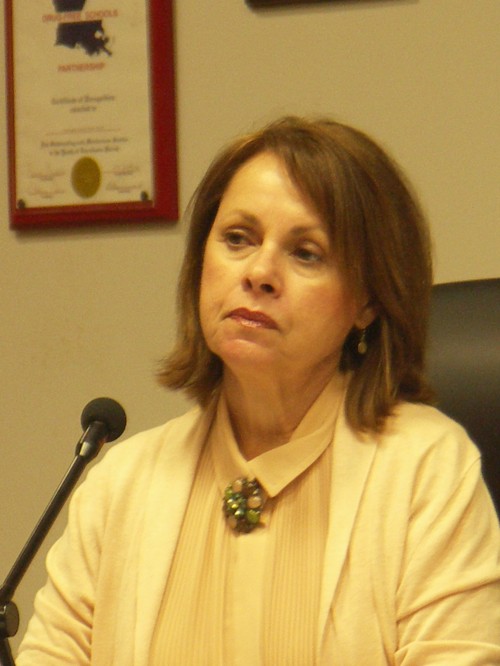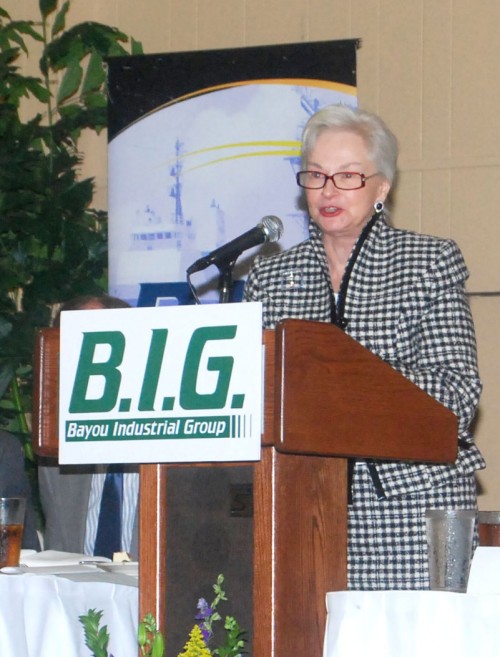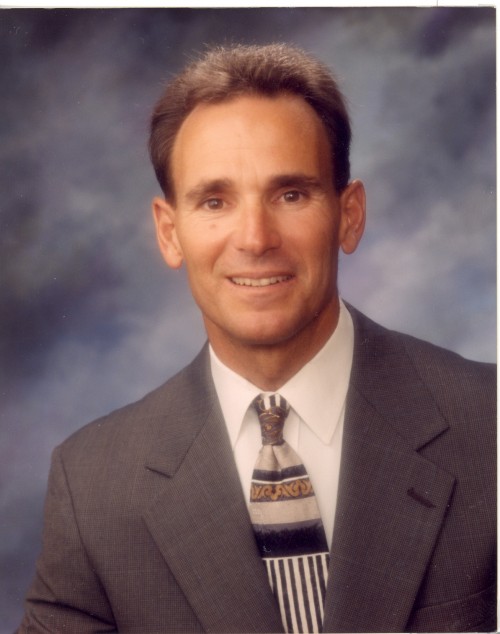
School redistricting sent to committee
March 14, 2012
Phyllis Taylor: Hopeful TOPS funding is safe this season
March 14, 2012If State Rep. Jerome “Dee” Richard is trying to work his way into Gov. Bobby Jindal’s good graces, he has chosen a most unconventional way in which to go about it.
The Thibodaux Independent has filed a couple of bills for this year’s legislative session that are almost certain to agitate, if not outright anger the governor.
HB 212 would prohibit a former legislator from being appointed to or employed in any position in state government for a period of two years following the termination of his service as a legislator.
The second bill, HB 291, would make all records of the governor’s office, with the exception of intra-office communications between the governor and his staff, subject to the state’s public records laws.
Present law prohibits a state employee or commission or board member from contracting with his or her former agency, board or commission or any agency affiliated or regulated by his or her former board or commission. That law, however, says nothing about former legislators going to work for the state immediately upon leaving office.
Several former legislators who only recently left office have been appointed to positions in state government at six-figure salaries by the Jindal administration. Several of those, including former state representatives Noble Ellington (Department of Insurance) and Jane Smith (Department of Revenue), whose combined salaries exceed $250,000, appear to have had no prior experience in the areas in which they were hired.
In Ellington’s case, if he remains at his newly-appointed position as second in command at Insurance for three years, his retirement income will increase about fourfold.
Several other Jindal appointees who previously served at the parish level and were given six-figure jobs would not be affected by Richard’s bill.
HB 291 is certain to be more of a sticking point with Jindal.
Other attempts, notably by Sen. Robert Adley of Benton, have attempted, unsuccessfully, to open up the governor’s office to public scrutiny.
By allowing intra-office communications such as emails to remain confidential, Richard would appear to be offering a compromise of sorts even though his bill still requires that all records of the governor’s office “are to be retained and preserved in the manner provided by the Public Records Law.”
The bill provides that the governor may keep a record concerning a meeting or event that he attends “and transportation related thereto” confidential for a period not to exceed seven days after the occurrence of the meeting or event.
It also provides that any record of the governor’s office that pertains to his schedule or that of his spouse or child that contains security details which, if made public, might endanger the governor, his spouse or child may remain confidential for a period not to exceed seven days.
Besides providing that all other records be made public, Richard’s bill also would require the governor to transfer certain records of his office to the archives division of the secretary of state at the conclusion of his term.
The bill would also provide that any privilege from disclosure, including emails to staff members, shall lapse after 10 years of the creation of the record or, if unknown, 10 years from the date of receipt by archives.
State Rep. Jerome “Dee” Richard








